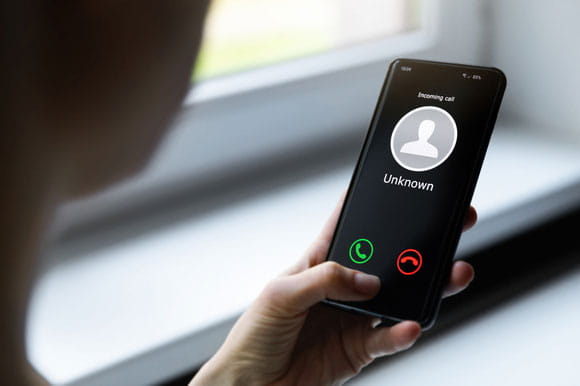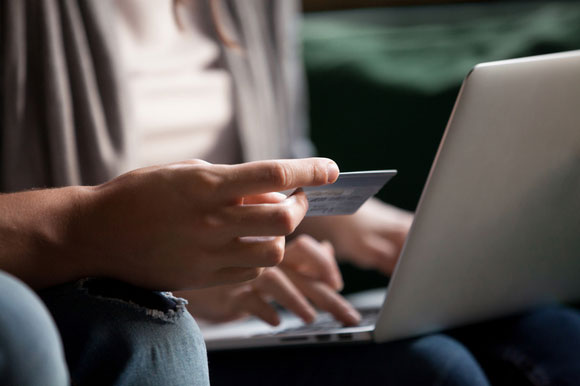The Biggest Fraud Scams of 2020—and What to Learn From Them

2020 has been a year to remember. In a number of ways the world has changed permanently, with shifts in how we think about health, the way we work, the way we interact with businesses, and so much more. Another notable shift is a growing wave of fraud scams in 2020 that have been aimed at compromising people as they navigate through these various changes.
As they grow in sophistication, fraudulent attacks are harder than ever to recognize—especially when you have so much else on your mind. That’s why we’ve put together a list of some of the most prevalent scams of 2020, alongside some key learnings.
The Scams of 2020, and What They’ve Taught Us
Although scammers can be creative when attempting to take information or money, they can be easy to spot, if you know what to look for. However with increased notifications from governments and information changing rapidly everyday, it has become more and more complex to sift through what is real and what is not.
Stimulus Payment Scams
Because of the important role that stimulus payments have played during the pandemic, they are a notable target for scammers. Criminals take advantage of people’s reliance on these payments, and craft ways to convince them to pay a fee or share sensitive information like their SSN or bank account.
While it may be easy for these fraudulent communications to seem legitimate, there are a few things you should remember:
- You will never have to pay a fee for your stimulus check. If you receive a seemingly official call or message asking for a payment, disregard it.
- The IRS already has your personal details on file, and they will never ask you to submit your Social Security Number or address over the phone.
- The IRS will also not ask you to return your stimulus payment after you’ve deposited it under the claim they sent the wrong amount.
The thing to remember, always, is to take your time. If you’re ever in a situation where you’ve received a call asking for any of the items above, there’s no obligation for you to stay on the line. The best thing you can do is hang up and then get in touch with the corresponding agency or institution to check the accuracy of the call.

Test Kit Scams
Throughout the pandemic, there has been a growing number of ads and emails being sent out regarding COVID-19 self-testing kits and potential vaccines. Given that a vaccines are new still pending approval, and that very few test kits have been approved by the FDA, criminals are eager to capitalize on communal fears and convince individuals to buy fraudulent “products.” Like with any purchases, the best way to protect yourself is to stay informed. Before clicking on an ad or following a link sent by a seemingly reputable source, take the time to research the product first and confirm it’s veracity.
Government Scams
Over the course of this year, you’ve likely received a lot of information from the government. Whether that be through the news, email, or even snail mail, you may have received communications around new policies, stimulus payments, and more. To take advantage of this trend, criminals have crafted email messages that are seemingly from the Center of Disease Control (CDC), the World Health Organization (WHO), and others, asking readers to click on an unknown source that could have malware and compromise your personal information.
These types of scams aren’t just sent through email. They can also take the form of texts, instant messages, and social media posts. Something important to note is that the government will not require a direct reply to what they send, and will typically not use these alternative mediums to ask for personal information.
In the wake of COVID-19, scammers and bad actors have taken advantage of the opportunity to compromise individuals. The best way to defend yourself? Stay calm and informed and report any instances of fraud.
At Citadel, we’re here to support you in any way we can during these changing times as you work towards building financial strength. Stay up to date on what we’re doing to provide you with a safe place to bank.
